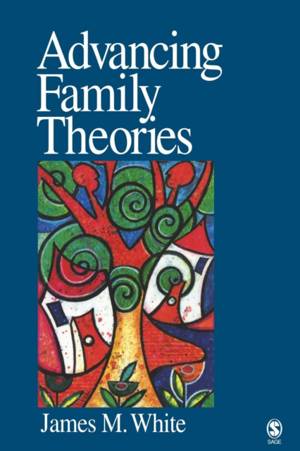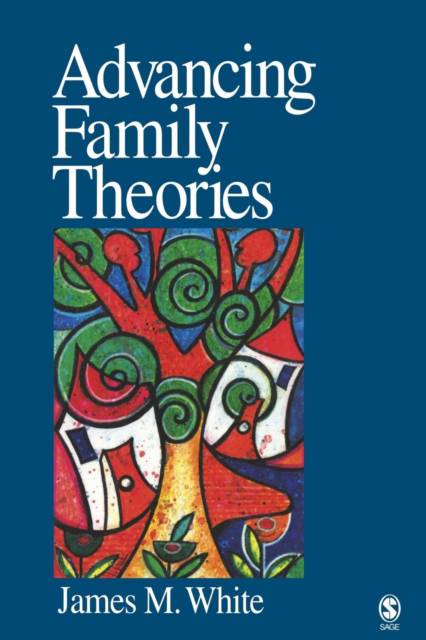
- Retrait gratuit dans votre magasin Club
- 7.000.000 titres dans notre catalogue
- Payer en toute sécurité
- Toujours un magasin près de chez vous
- Retrait gratuit dans votre magasin Club
- 7.000.0000 titres dans notre catalogue
- Payer en toute sécurité
- Toujours un magasin près de chez vous
Description
Advancing Family Theories explores two contemporary theories of the family - rational choice theory and transition theory. These diametrically different approaches illuminate what differing theories reveal about families. The book also discusses how meta-theories can assist in building and refining theory and offers insight on the "understanding versus explanation" debate. Advancing Family Theories gives students a precise notion of what a theory is and how theories work in research. The book not only looks at philosophical realms but also examines particular substantive theory to explain and predict family behaviors.
Advancing Family Theories is an excellent supplement to Family Theories, Second Edition (SAGE, 2002), or is effective on its own. The book helps students with the task of taking abstract and very general theories and reducing them to a level of specific research models and hypotheses.
Spécifications
Parties prenantes
- Auteur(s) :
- Editeur:
Contenu
- Nombre de pages :
- 216
- Langue:
- Anglais
Caractéristiques
- EAN:
- 9780761929055
- Date de parution :
- 07-09-04
- Format:
- Livre broché
- Format numérique:
- Trade paperback (VS)
- Dimensions :
- 154 mm x 228 mm
- Poids :
- 294 g

Les avis
Nous publions uniquement les avis qui respectent les conditions requises. Consultez nos conditions pour les avis.






